Opinion | Yes, You Can Indict the President
Yes, You Can Indict the President
By WALTER DELLINGERMARCH 26, 2018

Alex Nabaum
One of the perplexing questions of constitutional law is what to do about a sitting president who is suspected of having committed a crime. This much is clear: A sitting president should not be required to submit to a criminal trial, an undertaking that would be incompatible with the duties of the nation’s chief executive.
That should not, however, preclude a grand jury from indicting a president when the facts and the law warrant, even if the trial itself has to be postponed until he or she is no longer in office.
An indictment in this context serves a critically important purpose: Without it, the usual five-year statute of limitations for most federal crimes would elapse, forever precluding a president from being held accountable for potentially serious crimes. Thus, a president should be indictable unless he agrees to waive any future defense that the statute of limitations expired during the president’s term.
There is nothing in the constitutional text or judicial precedent that provides for a categorical bar to the indictment of a sitting president. The closest the Supreme Court has come to addressing the question was in Clinton v. Jonesin 1997, in which the issue was whether a president could delay until the end of his term a civil suit by a private individual. I argued Clinton v. Jones for the United States, urging the court to hold that a civil trial would unduly impair a president’s ability to carry out his duties. The court unanimously rejected that position.
In Clinton v. Jones the entire court agreed that the fact that a federal court’s exercising of its constitutional power to hear a case “may significantly burden the time and attention of the chief executive is not sufficient to establish a violation of the Constitution.” Mere indictment of a president would not meet the stringent standard in Clinton v. Jones for presidential immunity from ordinary legal processes.
An indictment would, of course, place a cloud over a presidency, even if all further proceedings were postponed. But in many such instances there will already be a cloud over the Oval Office. And a president has a uniquely powerful platform for publicly responding to charges.
No one should be above the law. Barring indictment could even provide a powerful incentive for presidents to seek a second term to insure that the time for all possible criminal charges elapsed while they were in office.
An indictment could also bring clarity to muddled allegations surrounding a president by requiring a prosecutor to “put up or shut up.” In contrast to vague allegations in the press, an indictment would detail precisely what criminal statutes a prosecutor was asserting had been violated and by what actions.
Where multiple defendants are said to have engaged in wrongdoing, moreover, it may be essential to a coherent indictment to include charges against a sitting president. It is possible for a prosecutor merely to list the president as an “unindicted co-conspirator” in an indictment of others. This was the course followed by Leon Jaworski, a special counsel during the Watergate scandal. The lawyers working under Mr. Jaworski concluded that President Richard Nixon could be indicted, but with impeachment proceedings in the offing, Mr. Jaworski opted instead to name the president as an unindicted co-conspirator.
Even if a president’s name were not used, the identity of the president would be obvious in an indictment that stated things like, “The unindicted co-conspirator summoned the national security adviser to the Oval Office.” There is little to be gained by making a president an unindicted co-conspirator instead of indicting him.
For Robert Mueller, the special counsel investigating Russian interference in the 2016 presidential election, the question of whether a grand jury could indict President Trump is complicated by the fact that Mr. Mueller is bound by the terms of his appointment to follow the policies and procedures of the Department of Justice. The Office of Legal Counsel stated in 2000 that a sitting president should not be indicted, a position contrary to that reached by the lawyers in the Nixon investigation.
Although the thoughtful opinion from the Office of Legal Counsel is persuasive in establishing that a president cannot be put on trial, it addresses only briefly the question of whether he could simply be indicted but not tried. If Mr. Mueller considered himself bound by that conclusion, he could ask the office to consider more fully whether indictment itself is barred.
Whether indicting a sitting president would facilitate or inhibit the pursuit of justice is a question calling not just for logic but for wisdom and judgment as well. The exercise of that judgment, however, should not be inhibited by an assumption that indictment is categorically barred by the Constitution.
In any event, before a prosecutor declines to indict a president, he should seek an agreement that the president will not subsequently seek to bar prosecution based on deadlines that expired while he was in office. The White House should not be a sanctuary from justice.
Yes, You Can Indict the President
By WALTER DELLINGERMARCH 26, 2018

Alex Nabaum
One of the perplexing questions of constitutional law is what to do about a sitting president who is suspected of having committed a crime. This much is clear: A sitting president should not be required to submit to a criminal trial, an undertaking that would be incompatible with the duties of the nation’s chief executive.
That should not, however, preclude a grand jury from indicting a president when the facts and the law warrant, even if the trial itself has to be postponed until he or she is no longer in office.
An indictment in this context serves a critically important purpose: Without it, the usual five-year statute of limitations for most federal crimes would elapse, forever precluding a president from being held accountable for potentially serious crimes. Thus, a president should be indictable unless he agrees to waive any future defense that the statute of limitations expired during the president’s term.
There is nothing in the constitutional text or judicial precedent that provides for a categorical bar to the indictment of a sitting president. The closest the Supreme Court has come to addressing the question was in Clinton v. Jonesin 1997, in which the issue was whether a president could delay until the end of his term a civil suit by a private individual. I argued Clinton v. Jones for the United States, urging the court to hold that a civil trial would unduly impair a president’s ability to carry out his duties. The court unanimously rejected that position.
In Clinton v. Jones the entire court agreed that the fact that a federal court’s exercising of its constitutional power to hear a case “may significantly burden the time and attention of the chief executive is not sufficient to establish a violation of the Constitution.” Mere indictment of a president would not meet the stringent standard in Clinton v. Jones for presidential immunity from ordinary legal processes.
An indictment would, of course, place a cloud over a presidency, even if all further proceedings were postponed. But in many such instances there will already be a cloud over the Oval Office. And a president has a uniquely powerful platform for publicly responding to charges.
No one should be above the law. Barring indictment could even provide a powerful incentive for presidents to seek a second term to insure that the time for all possible criminal charges elapsed while they were in office.
An indictment could also bring clarity to muddled allegations surrounding a president by requiring a prosecutor to “put up or shut up.” In contrast to vague allegations in the press, an indictment would detail precisely what criminal statutes a prosecutor was asserting had been violated and by what actions.
Where multiple defendants are said to have engaged in wrongdoing, moreover, it may be essential to a coherent indictment to include charges against a sitting president. It is possible for a prosecutor merely to list the president as an “unindicted co-conspirator” in an indictment of others. This was the course followed by Leon Jaworski, a special counsel during the Watergate scandal. The lawyers working under Mr. Jaworski concluded that President Richard Nixon could be indicted, but with impeachment proceedings in the offing, Mr. Jaworski opted instead to name the president as an unindicted co-conspirator.
Even if a president’s name were not used, the identity of the president would be obvious in an indictment that stated things like, “The unindicted co-conspirator summoned the national security adviser to the Oval Office.” There is little to be gained by making a president an unindicted co-conspirator instead of indicting him.
For Robert Mueller, the special counsel investigating Russian interference in the 2016 presidential election, the question of whether a grand jury could indict President Trump is complicated by the fact that Mr. Mueller is bound by the terms of his appointment to follow the policies and procedures of the Department of Justice. The Office of Legal Counsel stated in 2000 that a sitting president should not be indicted, a position contrary to that reached by the lawyers in the Nixon investigation.
Although the thoughtful opinion from the Office of Legal Counsel is persuasive in establishing that a president cannot be put on trial, it addresses only briefly the question of whether he could simply be indicted but not tried. If Mr. Mueller considered himself bound by that conclusion, he could ask the office to consider more fully whether indictment itself is barred.
Whether indicting a sitting president would facilitate or inhibit the pursuit of justice is a question calling not just for logic but for wisdom and judgment as well. The exercise of that judgment, however, should not be inhibited by an assumption that indictment is categorically barred by the Constitution.
In any event, before a prosecutor declines to indict a president, he should seek an agreement that the president will not subsequently seek to bar prosecution based on deadlines that expired while he was in office. The White House should not be a sanctuary from justice.

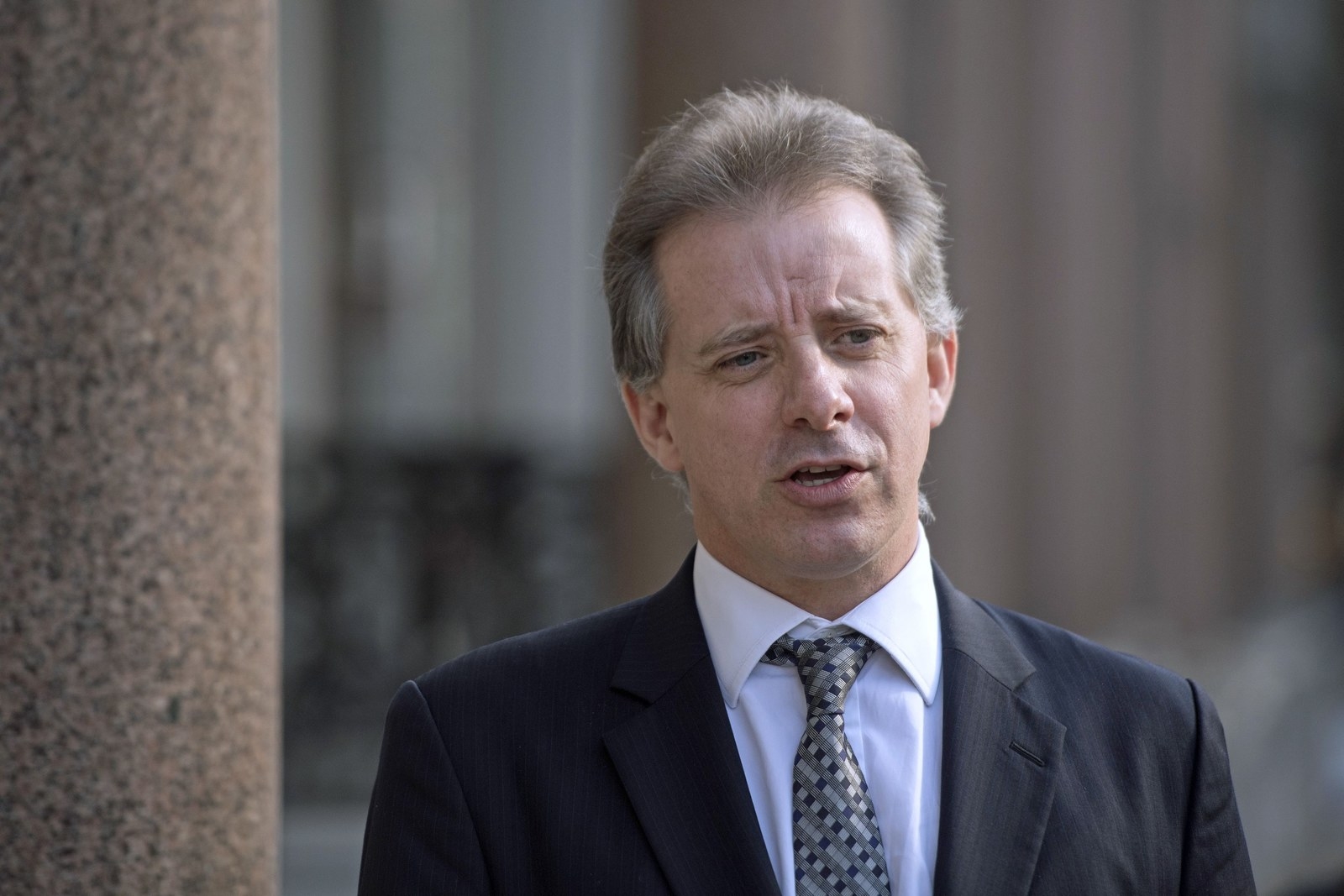


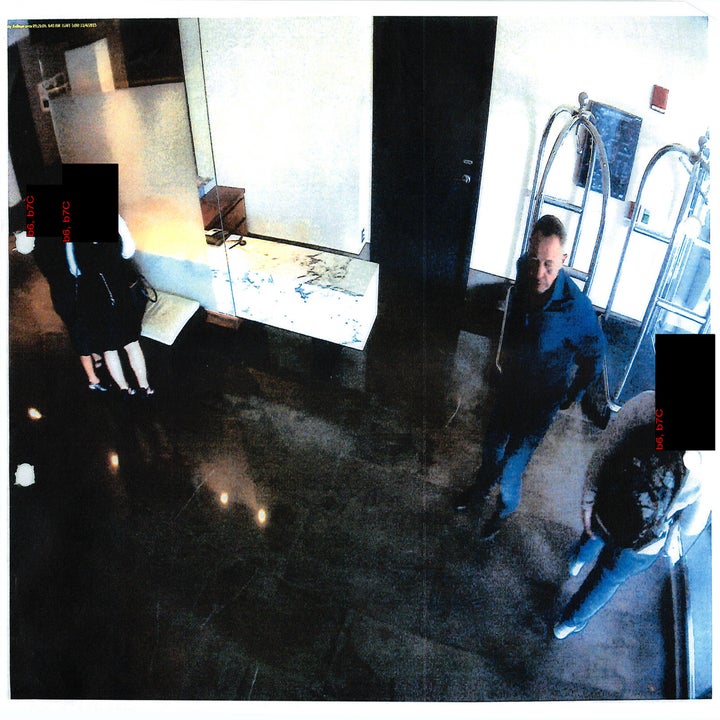

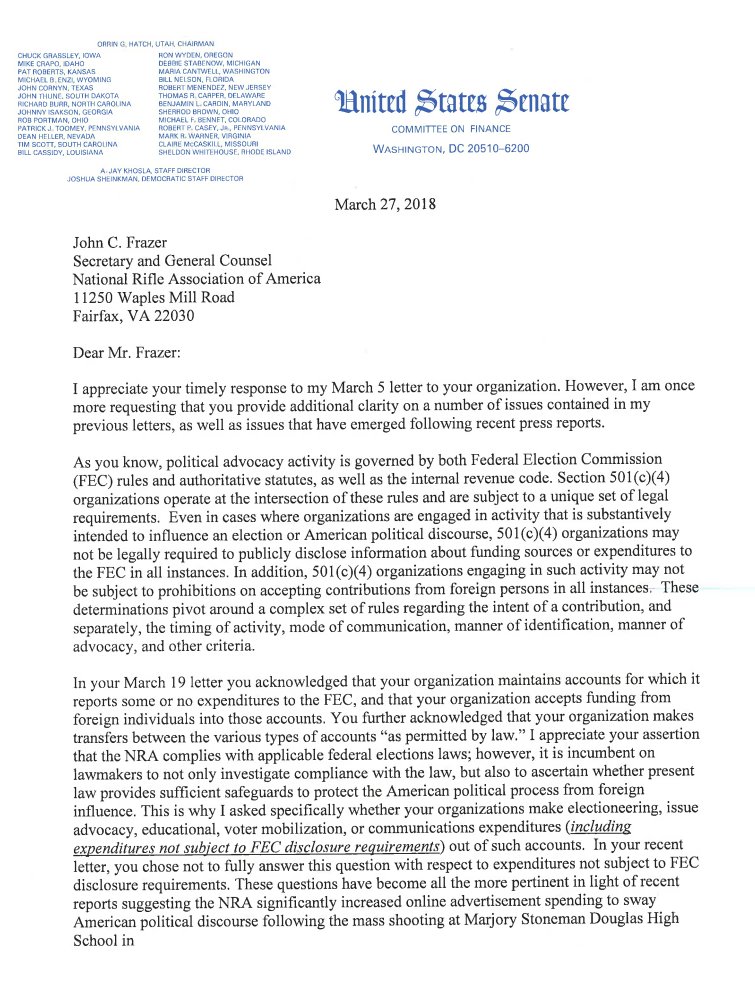
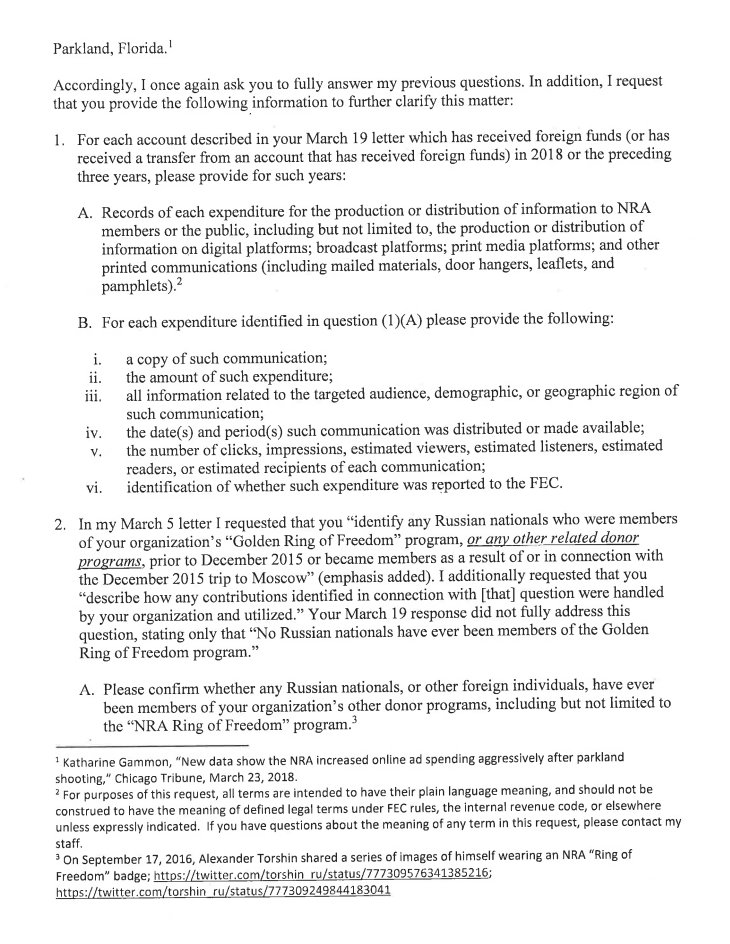
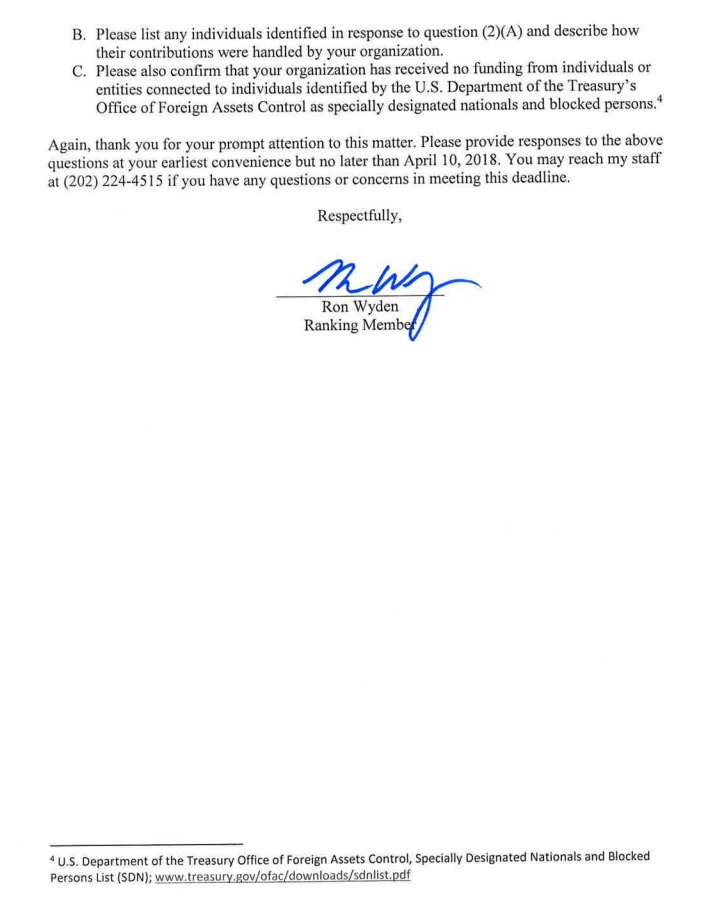
 that is going to go over real well with all the "patriots".
that is going to go over real well with all the "patriots".





